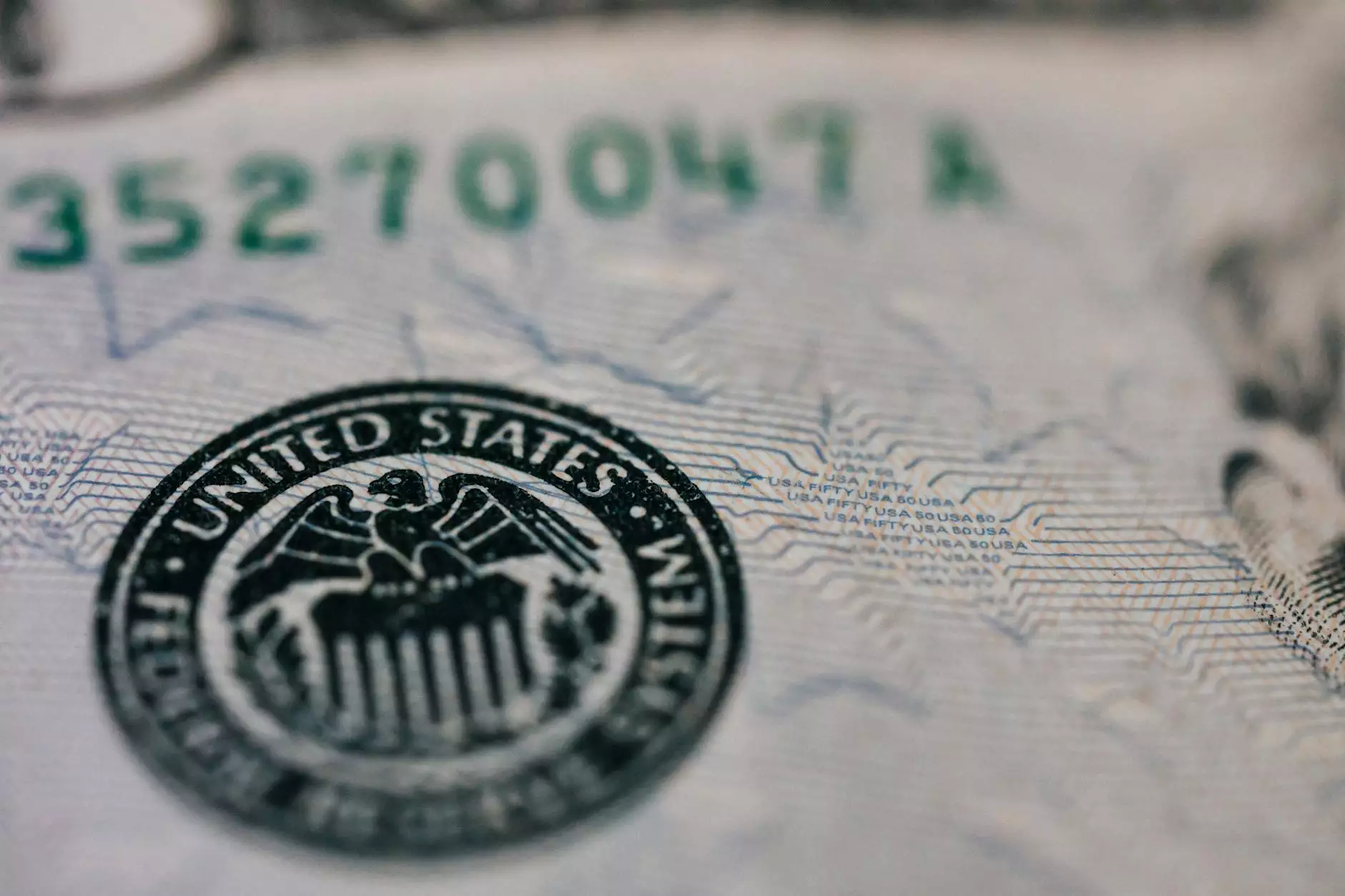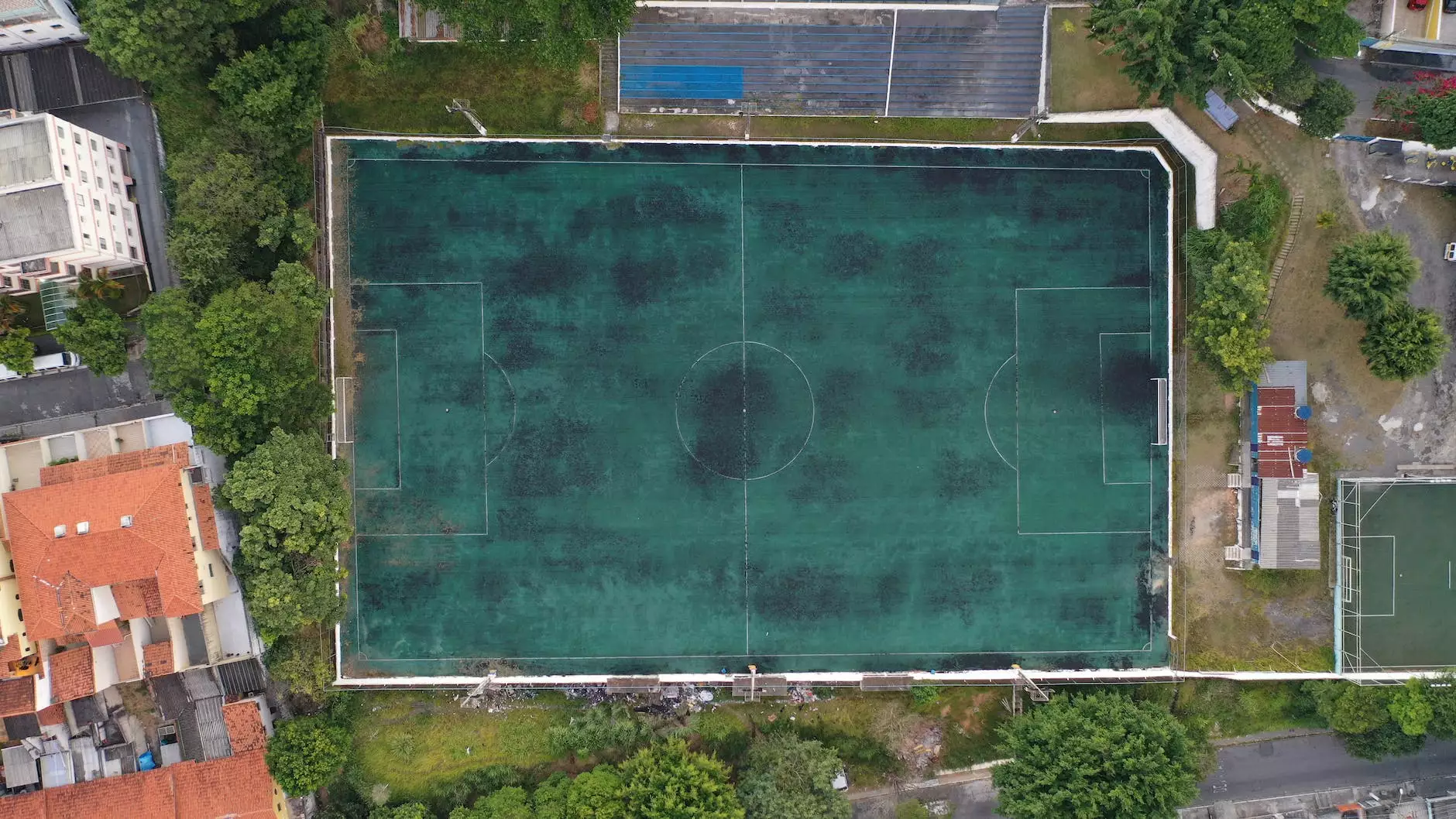The Importance of Consequential Damages Waivers in Contracts

Introduction
Welcome to Baytowne Reporting's blog, where we discuss the intricacies of law and government - specifically legal matters concerning consequential damages waivers in contracts. In this article, we will explore the essential role of such waivers in protecting businesses and minimizing potential financial risks.
Understanding Consequential Damages
Before diving into the importance of consequential damages waivers, it is crucial to grasp the concept of consequential damages itself. Consequential damages are indirect losses or damages that may arise as a result of one party's breach of contract. Unlike direct damages, which are easily measurable and more readily identifiable, consequential damages are typically more wide-ranging and harder to quantify.
Role of Consequential Damages Waivers
Contracts often include sections governing the allocation of liability and financial responsibility in the event of a breach. One crucial provision is the consequential damages waiver, which serves to limit the liable party's exposure to indirect losses. By incorporating such waivers into contracts, businesses can mitigate the risks associated with potential consequential damages.
Benefits for Businesses
Protecting Financial Resources: Consequential damages waivers can safeguard a business's financial stability by reducing potential liabilities in case of a breach. By limiting the scope of compensatory damages, businesses can better allocate their resources and minimize the impact on their bottom line.
Maintaining Business Relationships: Contracts often involve multiple parties, such as vendors, suppliers, or partners. Including consequential damages waivers can help maintain healthy professional relationships by limiting financial burdens on either party in the event of a breach. This fosters trust and cooperation, essential for long-term partnerships.
Best Practices for Consequential Damages Waivers
Clear and Concise Language: When drafting a consequential damages waiver clause, it is vital to use precise and unambiguous language. Clarity avoids future disputes and ensures all parties fully understand the scope and limitations of potential liabilities.
Seek Legal Counsel: Consulting an experienced attorney specializing in contract law can be invaluable when negotiating and drafting consequential damages waivers. They can provide guidance tailored to your specific business needs and help create solid agreements.
Conclusion
In conclusion, consequential damages waivers play a critical role in protecting businesses and mitigating potential financial risks. By including these provisions in contracts, businesses can not only secure their financial stability but also foster positive and enduring professional relationships. To learn more about consequential damages waivers and other legal matters, stay tuned to Baytowne Reporting's blog.










